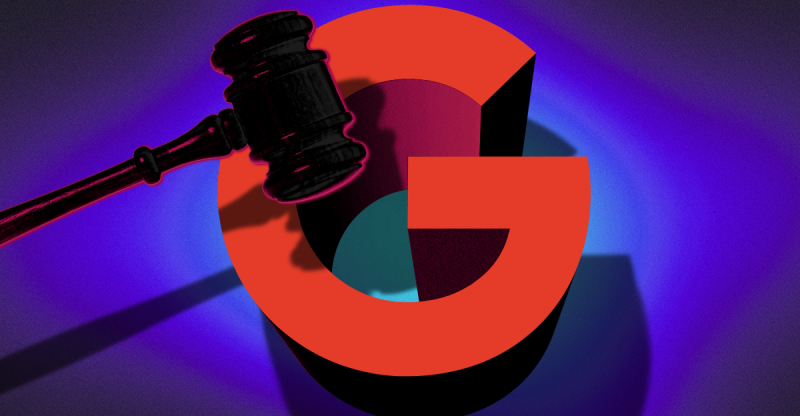
Apple’s senior vice president of services, Eddy Cue, recently found himself back in a Washington, D.C. courtroom, this time defending Apple’s lucrative $20 billion annual deal with Google. The deal, which makes Google the default search engine on Apple’s Safari browser, is under scrutiny as part of the ongoing Justice Department antitrust trial against Google. Cue argued that the rapid advancements in AI technology are already disrupting Google’s search dominance, potentially rendering the need for drastic remedies less critical. He pointed to a decline in Safari search volume last month, the first in 22 years, as evidence of users shifting towards AI-powered chatbots for information.
The Justice Department, however, disagrees, arguing that technological advancements alone won’t solve the persistent issue of Google’s market dominance. They are pushing for remedies that would force Google to share data with competitors and potentially spin off its Chrome browser. These measures, Cue contends, could severely impact Apple’s revenue stream, potentially eliminating the substantial $20 billion annual payment from Google. He expressed incredulity at the prospect of Apple suffering financially from a punishment intended for Google, remarking that the situation “just seems crazy to me.”
Cue also acknowledged that Apple’s deal with Google has disincentivized the company from developing its own search engine, stating that “we can’t do everything.” However, he underscored the potential for AI to change the landscape dramatically, suggesting that newer AI-powered search engines could soon offer a compelling alternative to Google, potentially disrupting the search market more effectively than any court ruling. Apple is already exploring the integration of AI search options into Safari, though Cue admitted that current AI search capabilities are “just not good enough” to fully replace traditional search engines.
Despite advocating for Google’s position in the courtroom, Cue seemed to recognize the irony of the DOJ’s proposal to share Google’s search index. He noted that this could inadvertently accelerate the development of competing AI search engines. He also emphasized the rapid pace of technological change, citing the decline of tech giants like HP, Sun Microsystems, and Intel as evidence that even market leaders are not immune to disruption. He cleverly used this argument to suggest that the current dominance of Google may be short-lived, even without court intervention.
In a candid moment, Cue admitted to losing sleep over the potential loss of the Google deal, highlighting the significant impact it would have on Apple’s ability to develop new products. His testimony underscores the complex interplay between technological innovation, antitrust regulation, and the massive financial stakes involved in the tech industry’s ongoing evolution.










